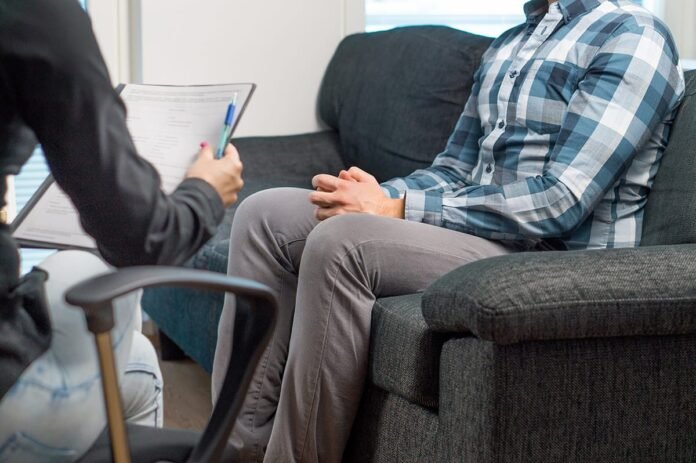Thinking of going to rehab? Walking into rehab can feel uncertain. Your mind might keep spinning with questions like, “Am I ready for this?”
“What if it gets too hard?” Those worries are normal. Seriously, everyone feels them. Being aware of a few things ahead of time can help smooth the way.
Places like The Key Addiction Treatment Center are designed to support you, but your mindset, your choices, and how you show up? That’s what really matters. What you do now makes the next part easier. We will explore it below!
1. Get Your Head Ready
So, have you thought about how you feel before going in? A little mental preparation can help. What scares you? What excites you? What do you even want from this? Just breathe. Sit. Wait a second.
What feels like the first thing to do? Tiny goals keep you focused. Emotional readiness matters just as much as following the program.
2. Don’t Fight the Schedule
Routines can feel annoying, right? But rehab days are structured for a reason. Therapy, group sessions, meals, activities—they’re all there to help. Instead of thinking, “I can’t deal with this,” try asking yourself: could this be useful?
Maybe the morning session is a place to vent or the evening exercise clears your head. Following a schedule can feel strict. It’s not about control. Just helps things feel a bit easier while you settle in.
3. Speak Up
Ever keep things bottled up? Most of us do. But in rehab, talking openly is gold. Tell staff what’s tough, share victories, ask questions if you’re confused.
Being honest makes the program work better for you and helps you connect with people who get it. You might even find someone else went through the same struggle. Sharing really does lighten the load.
4. Dive Into Therapy
Sitting quietly in a session is well, fine, but it doesn’t help as much. Try asking questions, sharing feelings, or even practicing the exercises you learn.
Mindfulness, creative activities, group discussions—they all help more when you’re engaged. Even one new coping skill learned each day counts. And guess what? Participating fully often inspires others too.
5. Start Small, Healthy Habits
Little things matter. Sleep. Eat. Move a little each day. Walk if you can. Stretch. Drink water.
Small things pile up over time. Stress hits? Maybe scribble in a notebook. Or just breathe. Doodle. No need to be perfect. Day by day, they make a real difference.
6. Lean on People
Feeling alone is rough. No need to do it all alone. It’s okay to reach out. call someone even just talk for a minute. There is family, friends, people around you. Lean on someone.
Many centers, including Rehab Santa Cruz, even have family sessions or group activities. Reach out. Share progress, ask for advice, vent when you need. Feeling some support helps on hard days. You’re not really alone. Makes things a bit easier. powerful.
7. Think About What Comes Next
Are you only focusing on finishing rehab? Recovery doesn’t stop there. Ask about follow-ups. Relapse prevention. Community groups.
Keep doing the routines and tricks you learned. Places like The Key Addiction Treatment Center can help get ready for real life. Thinking a bit ahead makes things easier.
8. Keep a Journal
Thoughts can get messy in rehab. Pouring your mindset in a diary can turn scattered feelings into something you understand. Notes, doodles, lists? Anything works.
It doesn’t have to be perfect or long. Just capture feelings. Journaling can help. Just jot things down. No need to make it neat. Reflect your thoughts through writings.
9. Celebrate Happy Moments
Big milestones aren’t the only thing. Got through a hard session? Spoke up when it was tough? Even small stuff counts. Notice it. Smile at it. Keep going. Did you make it through a tough session? Did you try a new coping method? Did you find the courage to talk when things got tough? Notice it. Celebrate it.
Even tiny wins matter. It helps to notice little wins. They push you forward. Progress isn’t always obvious. Sometimes it’s slow. That’s okay.
Conclusion
Rehab isn’t easy. Nope. But it can change things. Getting your mind ready, going along with the day, speaking up, trying therapy, building little habits, leaning on people, planning next steps—these all help. Every little thing counts.
Rehab is more than quitting substances. It’s about living a bit better, breathing easier. Step by step, it can work.
